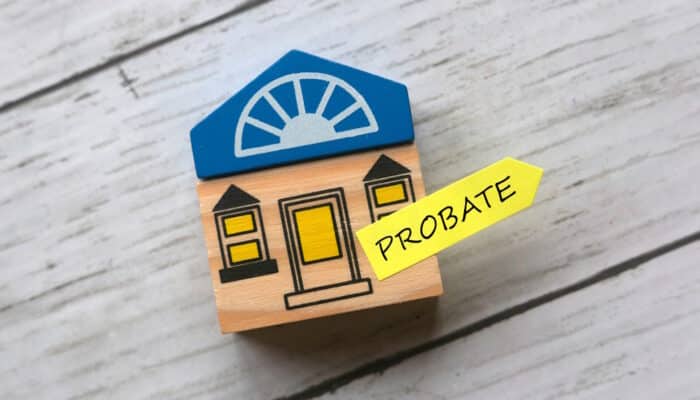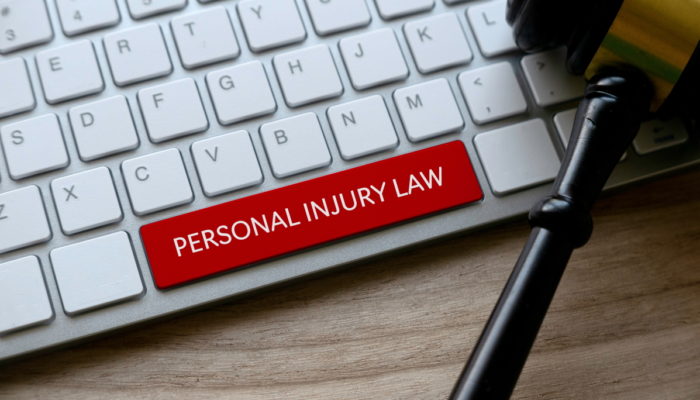Naming a Special Needs Trust (SNT) as a beneficiary of an IRA or retirement plan as well as a Last Will or Trust that names the Special Needs Trust as a beneficiary can be a smart estate planning move, but it comes with complex tax implications that require careful consideration. The following is a breakdown of some key points covered in the article:
1. Coordinating Your Beneficiary Designations:
- IRA and Retirement Accounts: These accounts generally pass to a named beneficiary directly, bypassing the Last Will. This means that if you name your child with special needs as a direct beneficiary of your IRA, the funds will go directly to them, which could disqualify them from receiving means-tested government benefits (like Medicaid or SSI).
- Solution: Name the Special Needs Trust as the beneficiary of the IRA instead of your child. This ensures that the funds are available to support your child without impacting their eligibility for government benefits.
2. Stretching IRA Distributions and Tax Concerns:
- If you name your estate or a charity as the beneficiary of your IRA, the distributions must occur quickly, often within five years of your death (before the Required Beginning Date, RBD), or over your remaining life expectancy (after RBD). This could result in a hefty tax bill because the distributions would be large and taxed as ordinary income.
- Designated Beneficiary: A human beneficiary allows “stretch” payments over the person’s life expectancy, reducing the tax burden. A Special Needs Trust may qualify for this “stretch” if properly drafted and the IRS can “look through” to the individual with special needs as the designated beneficiary.
3. Pitfalls of Trusts as Beneficiaries:
- Accumulation Trusts: These allow the trustee to retain IRA distributions in the trust for future use. However, if the trust names a charity or an elderly beneficiary as a remainder beneficiary, the IRS may shorten the payout period, disallowing the “stretch” option.
- Conduit Trusts: These require immediate distribution of IRA funds to the beneficiary. Only the life expectancy of the primary beneficiary (i.e., the individual with special needs) is considered, making it easier to stretch the distributions over their lifetime.
4. Ensuring the Stretch for Special Needs Trusts:
- The Special Needs Trust must be irrevocable at the time of your death, and all required documentation must be provided to the IRA custodian or retirement plan administrator.
- Avoid naming non-human entities (such as charities) as beneficiaries if you want to maximize the “stretch” benefit. If a charity is named as a remainder beneficiary, the IRS will calculate the payout based on a zero-life expectancy, which leads to faster distribution and higher taxes.
5. Successor Beneficiaries:
- If a surviving spouse is named as the primary beneficiary of your IRA, they can roll the funds into their own IRA, allowing them to name the Special Needs Trust as the contingent beneficiary. This preserves the “stretch” option for the Special Needs Trust after the spouse’s death.
- Failing to roll over the account could result in accelerated distributions based on the spouse’s remaining life expectancy, which is likely shorter than that of the child with special needs.
6. Changes in Law and Future Risks:
- The IRS could eliminate the “stretch” option entirely, as proposed in several presidential budgets, which would limit the stretch to five years for most beneficiaries. Given this possibility, it is important to stay informed and revisit your plan periodically.
Conclusion:
The rules for naming a Special Needs Trust as a beneficiary of an IRA or retirement account are complex. Improper designations can lead to significant tax consequences and jeopardize the availability of government benefits for your family member. It is essential to collaborate with an attorney who is well-versed in Special Needs Trusts and retirement planning to ensure the trust is structured to take full advantage of tax deferral opportunities while protecting your loved one’s benefits.
The foregoing is a brief and very general overview of the topic and the need for specific and experienced legal and tax advice is again emphasized.
If you have any additional Questions regarding the foregoing or have any legal issue or concern, please contact the law firm of CASERTA & SPIRITI in Miami Lakes, Florida.










